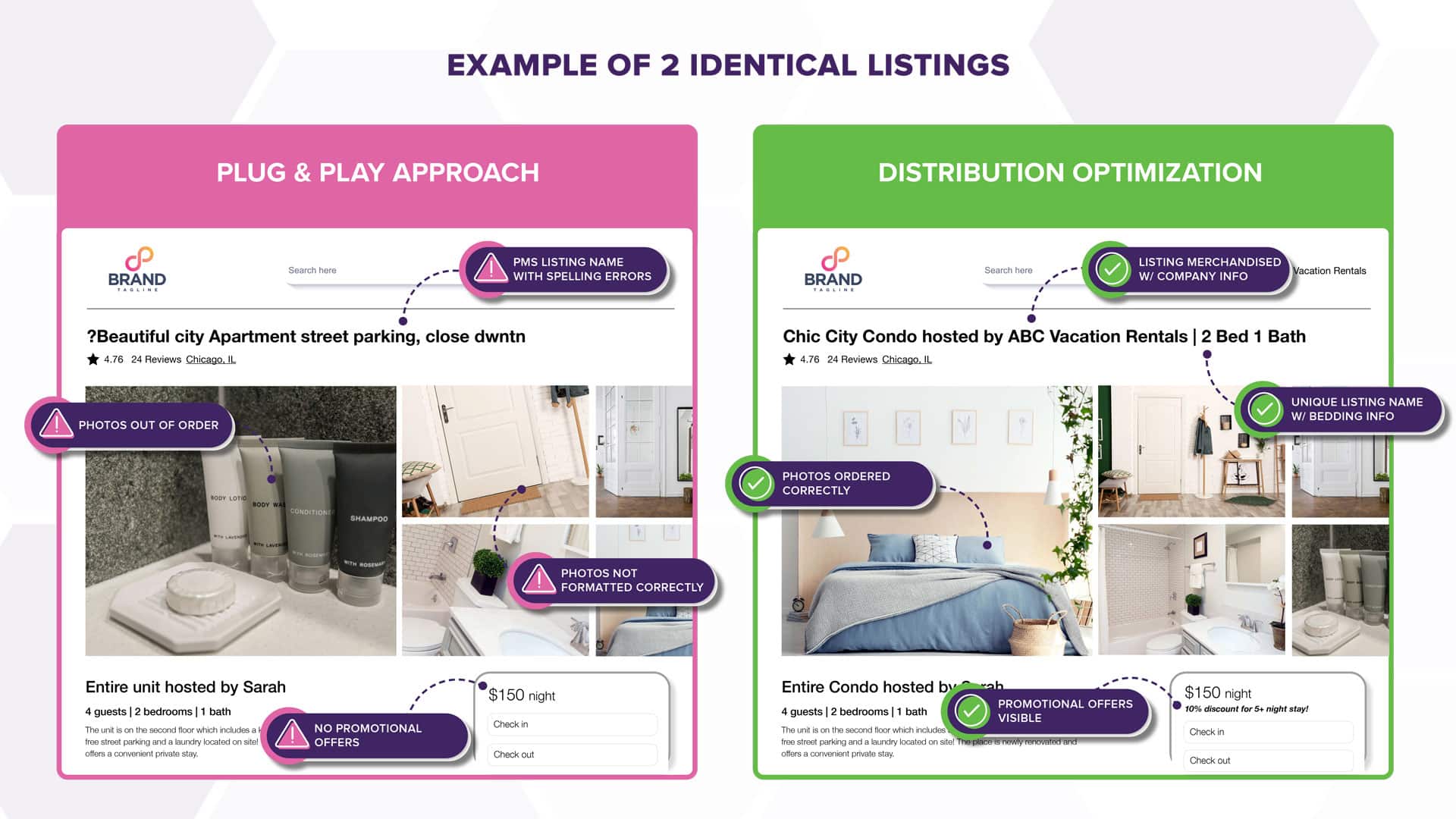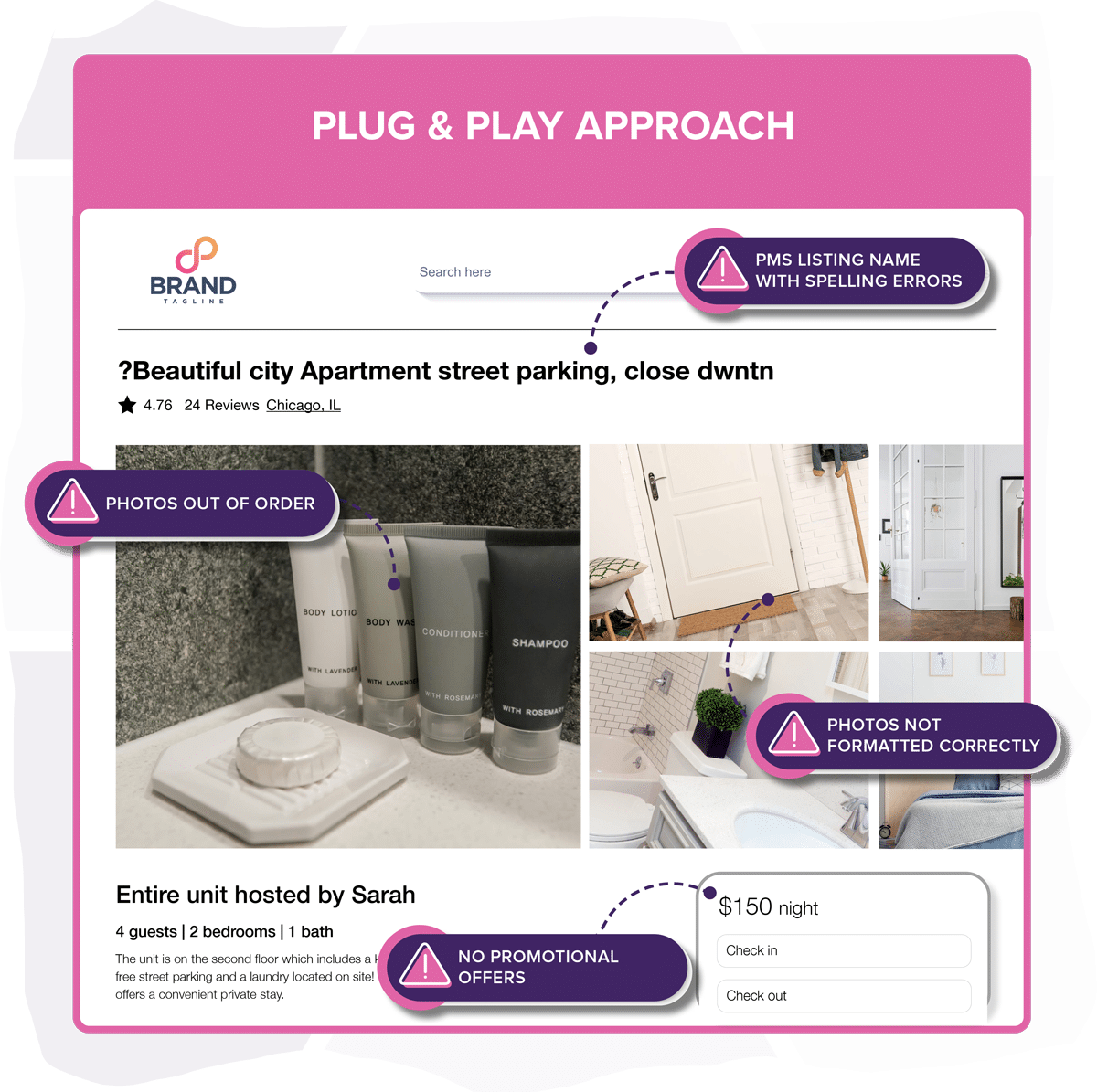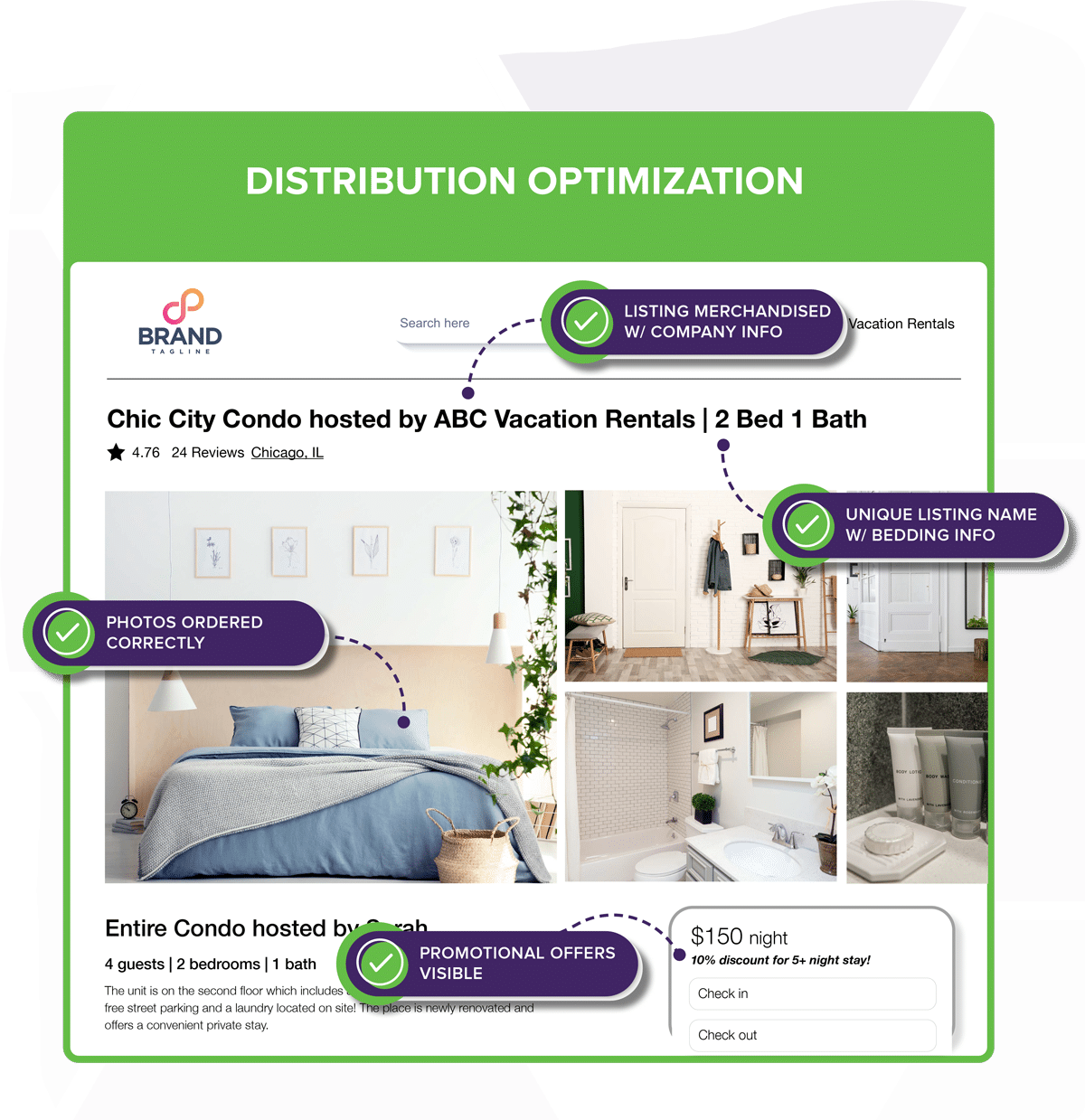Land of the Fee: The Confusing Costs of Payment Processing

Credit card processing fees are a fact of life for any business that runs cards. When it comes to the card companies themselves, you’re at their mercy. Ultimately, you’ll pay them about 3% in interchange fees, essentially the cost of the credit they offer. Fair enough.
But the relationship between vendors and credit card companies isn’t direct. Payment processing companies are intermediaries in the transaction, and they get their own cut. That’s fair, too—if you know what you’re paying and why.
In general, fees are a widely accepted and frequently used additional revenue source for many companies across industries. Add-on fees for pet cleaning or extra amenities, for example, are common in short-term rentals. We’ve even advocated for dynamic fees as one of 11 Playbook Strategies for Thriving in Every Economic Season.
The big difference here is value. Most customers will be okay with fees if they’re not exorbitant and the value received is clear. But payment processing fees are often slipped into the bill with no explanation, and the value you receive in exchange is muddy at best.
Compliance fees (or PCI compliance fees)
The payment card industry (PCI) has a set of data security standards (DSS) that any entity handling cardholder data must comply with. Adding a compliance fee to processor billing statements is quite common and usually runs $100–$300 per year.
But the fees processors pay to be compliant aren’t that high, typically $5K-$50K per year, depending on volume. Passing $200 of that along to a single client seems excessive, especially considering that they would need to meet the standard regardless.
Can you avoid paying it? Possibly, if you can prove that you’re PCI compliant yourself. Or, you can choose a payment solution that doesn’t charge compliance fees.
Statement fees
These are small fees the processor charges, presumably for providing you with a monthly summary of transactions and fees. If you’re wondering why they’d charge a fee for something that doesn’t require a single human interaction, then we’re wondering the same thing. Does your bank charge you a statement fee? Probably not.
This is one of those nickel-and-dime fees that we find irritating. If you know you can get away with charging every client $5 per month for a statement fee, then it’s all gravy and a nice extra line item on your P&L. But is it an additional value, or should providing monthly statements to customers be considered a cost of doing business?
Location fees
Speaking of nickel and diming, some processors charge a small “location fee,” maybe $1–$5 per month. Is that a big deal? No, but location fees are an annual charge levied against the processor by the credit card company that comes to around $15 per location.
Here again, the charge has no real relationship to the costs involved, but dinging every client with a monthly fee gives the processor a significant bonus at the end of the year without providing any additional value.
Setup/installation and early termination fees
It’s almost 2024. Is there anyone working in a business setting who doesn’t know how easy it is to create a new account or to link services? Payment processing companies are hardly alone in charging setup fees, but again, shouldn’t establishing a new customer account be a cost of doing business? We think so. What if it was called a New Customer Penalty?
Speaking of penalties, guess what happens if you need or want to end the relationship with your processor before your contract is up. You’ll likely be hit with an early termination fee. This is common across many industries, and we get it. But customers come and go all the time. When they go, what does hitting them with another fee say? “We’re sorry to lose your business and hope you’ll consider us in the future?” or, “Fine. Don’t let the door hit you on the way out.”?
Are payment processing fees avoidable?
Yes, to a degree.
Payment processors are a necessary part of the chain between you, the vendor, and the credit card company. There’s real value there, and much of it is invisible to you.
But when it comes to fees, transparency matters. Oftentimes, your only clue as to what you’re paying for is the cryptic line item on your bill.
We believe you should know what you’re paying for. That’s why TrackPayments has exactly two fees: The interchange fee paid to the credit card company, and a customer-specific per-transaction rate negotiated in advance (basis points). Our solution eliminates the following fees (and more):
- Statement fee
- Disbursement / Payout fee
- Monthly Fee
- Annual Fee
- Annual Fee
- PCI Non Compliance Fee
- Setup Fee
- Cancellation Fee
- PCI Program Fee
Are you ready for a payment solution that saves you money, eliminates red tape, and gives transparent pricing? Learn more about Track Payments (coming early 2024) or watch Product Manager Julie Ries introduce the platform at our NEXT user conference.









